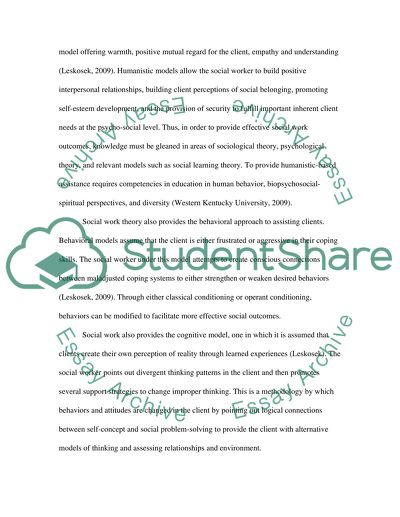Cite this document
(“Social work is a profession based on knowledge, skills, and values Research Paper - 1”, n.d.)
Retrieved from https://studentshare.org/sociology/1611975-social-work-is-a-profession-based-on-knowledge-skills-and-values
Retrieved from https://studentshare.org/sociology/1611975-social-work-is-a-profession-based-on-knowledge-skills-and-values
(Social Work Is a Profession Based on Knowledge, Skills, and Values Research Paper - 1)
https://studentshare.org/sociology/1611975-social-work-is-a-profession-based-on-knowledge-skills-and-values.
https://studentshare.org/sociology/1611975-social-work-is-a-profession-based-on-knowledge-skills-and-values.
“Social Work Is a Profession Based on Knowledge, Skills, and Values Research Paper - 1”, n.d. https://studentshare.org/sociology/1611975-social-work-is-a-profession-based-on-knowledge-skills-and-values.


